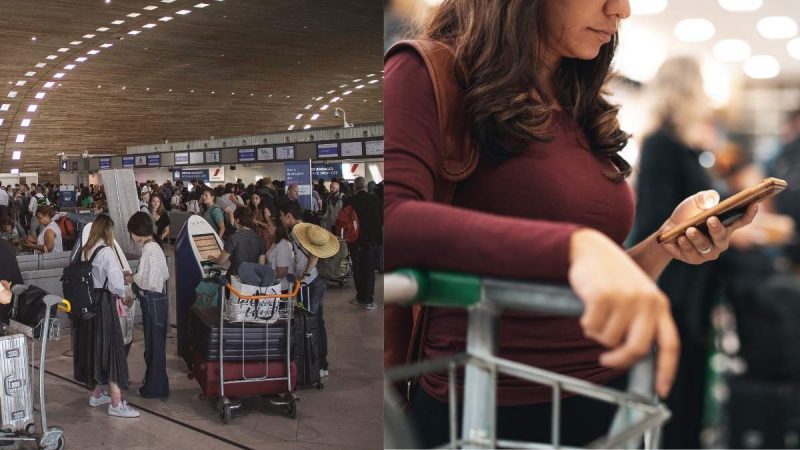In an alarming surge of hoax bomb threats, over 300 flights operated by Indian airlines have been targeted within a brief 13-day period. These threats were disseminated via social media. They have caused significant disruption, delaying flights and prompting heightened security measures at airports.
Hoax Bomb Threats For Over 300 Flights
In just 13 days, more than 300 Indian airline aircraft have been targeted in a startling spike in fictitious bomb threats. Due to the substantial disruption created by these threats—many of which were shared on social media—flights have been delayed, and airport security has been tightened nationwide. The Indian Ministry of Electronics and Information Technology (MeitY) and aviation authorities have taken these instances very seriously, and the latter has issued new guidelines for social media sites to combat this growing issue. 11 aircraft operated by IndiGo, Air India, and Vistara each received threats on Saturday.
Similar warnings have also been sent to hotels, schools, and other establishments. Following the incident, airport security was strengthened. The airport grounds were examined following customary procedure. An official stated that it was a fake and that some of the planes identified in the threat were also brought to the isolation bay for a thorough inspection.
The majority of these hoaxes were issued through social media channels, revealing the ease with which false threats can be propagated.
Also Read: Investigators Identify 11 Fake Social Media Accounts Used In Sending Fake Bomb Alerts To Airlines
Government Response: IT Ministry’s Directive
In response to these threats, the Ministry of Electronics and Information Technology (MeitY) has released a stringent advisory to social media platforms, emphasizing their obligation to ensure prompt removal or disabling of any posts containing bomb threats or related misinformation. Online platforms have been warned by the ministry that they risk losing their safe harbour protection under the IT Act if they don’t follow the IT Rules. At the moment, the clause protects platforms from being held legally responsible for content shared by third parties on their social media networks. Without safe harbour status, social media platforms would be held directly liable for third-party content on their sites, which could expose them to legal ramifications for posts that violate local laws. The IT Ministry added that all social media companies will be required to give law enforcement officials information about the issue within 72 hours.
Ultimately, the surge of bomb threat hoaxes points to the broader challenges that accompany the rapid growth of social media. While platforms offer valuable avenues for connection and information sharing, they also provide avenues for misuse.
Cover image credits: Canva

